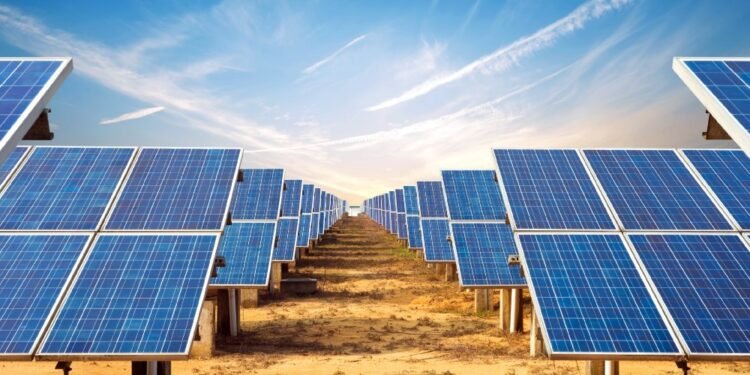Balance investment, household solar access
IT IS important for the New Dawn government to take practical steps towards the diversification of the energy mix from hydroelectricity to renewable energy such as solar. Zambia has an electricity generation capacity exceeding 2,800 Megawatts (MW), with 83 per cent derived from hydro, nine per cent from coal, five per cent from heavy fuel oil and three per cent from solar energy. It is now time for the country to focus on reducing its dependence on hydro power and diversifying to solar, geothermal and nuclear power sources among others.
Zambians are currently facing prolonged periods of power outages because of this reliance on hydro electricity. The disadvantage of hydro power is its vulnerability to severe weather conditions such as drought. It is evident that the nation needs to shift from this reliance on hydro power to solar energy.
However, the installation of these solar solutions for both businesses and homes comes with a high cost. As the nation shifts towards a more diverse energy mix away from hydro electric power, it is crucial for the New Dawn government to make solar energy options accessible to the greater population.
The country needs well-defined financing options so that consumers and businesses can obtain credit facilities to buy solar systems at reduced interest rates. This will not only lower the cost of solar systems but also promote the uptake of solar energy.
As things stand, the initial cost of installing solar systems is prohibitive for both homes and businesses. Zero-rating import duty on solar system equipment is not enough. Instead, practical steps should be taken to ensure that this tax waiver trickles down to the people through access to reasonably priced solar equipment.
Along with the government’s current initiatives to promote private sector investment in solar projects, this should be done to build a more secure and diversified energy infrastructure.
The need for more qualified personnel in the solar power sector to install and maintain solar systems is another issue that has to be addressed.
Although we applaud government for its decision to shorten the approval period for solar project applications from more than six months to just 48 hours, more has to be done to motivate people to take up solar energy solutions in their homes and businesses.
Encouraging private sector investment is not enough as it will ultimately lead to a demand for higher tariffs at the expense of the citizens.
Only when individual families and small and medium-sized businesses (SMEs) have a steady supply of electricity will the true effects of implementing solar energy solutions become more apparent.
According to Ministry of Energy principal public relations officer Bob Sianjalika, government has reduced the approval period for solar project applications from over six months to just 48 hours.
Sianjalika said this marks a decisive step toward fast-tracking private sector investment in renewable energy.
Minister of Energy Makozo Chikote has reaffirmed government’s commitment to supporting the growth of the solar energy sector by providing an efficient, transparent and investor-friendly environment.
Zambia’s location and year-round sunshine make it well-positioned place to integrate solar energy into its energy mix, which is now dominated by climate-vulnerable hydro power.
Government should also take advantage of the World Bank Scaling Solar initiative, which promotes the development of privately-owned utility-scale solar PV plants in sub-Saharan Africa. It allows utilities such as Zesco and governments to buy solar energy in an open and cost-effective manner. In the end, government policy should strike a balance between encouraging private sector energy investment and guaranteeing that the public has access to reasonably priced solar solutions.
Leaving solar energy consumers at the mercy of the private sector vendors and service providers will be counterproductive as it will not deliver the expected public benefit.

























